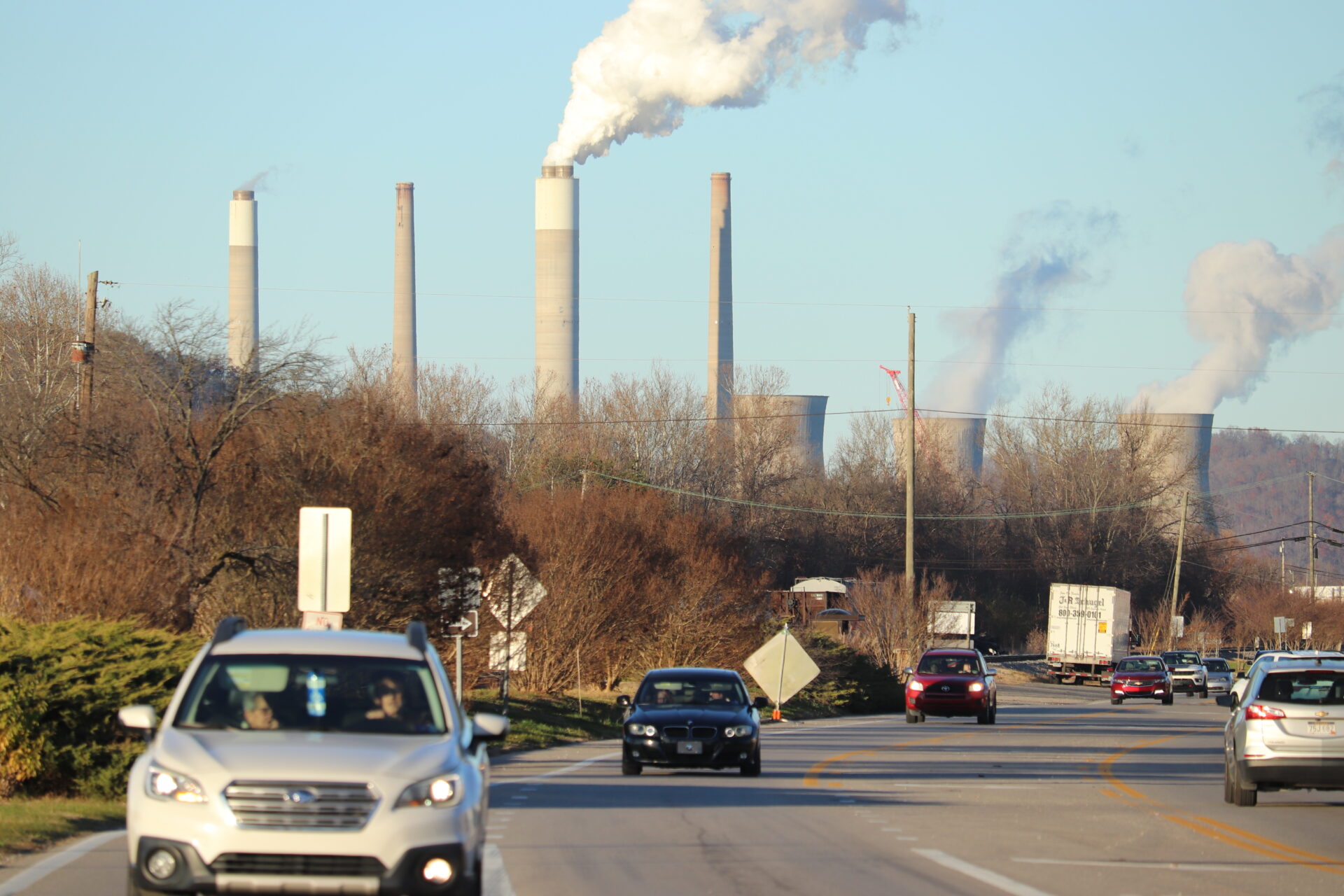Bringing a nearly two-year case to a close, the West Virginia Public Service Commission denied part of the fuel costs Appalachian Power sought to recover from electricity customers.
In a decision Tuesday, the PSC denied nearly $232 million in fuel costs, while approving $321 million, to be recovered over 10 years.
The average residential customer will pay $2.50 more per month for those 10 years. Customers will begin paying the new rates on Sept. 1.
The PSC also denied a proposed settlement by the West Virginia Energy Users Group and the West Virginia Coal Association to recover fuel costs and other expenses over 20 years at a cost of nearly $3 billion.
The commission staff and the Kanawha County Commission opposed the settlement.
Appalachian Power had sought to recover about $553 million through the beginning of 2023 and an additional $88 million for the year beginning Sept. 1, 2023.
The PSC said the company did not properly manage its coal supplies in 2021 and 2022, leading it to buy coal and purchased power at higher prices. The commission said customers should not have to bear all of those excess costs.
Many power companies struggled with the high cost of coal and natural gas beginning in 2021 after the economy began to recover from the COVID-19 pandemic. Russia’s invasion of Ukraine in early 2022 pushed prices even higher.
Rail and barge availability issues also put pressure on coal supplies at power plants in West Virginia. Appalachian Power at one point sued its largest coal supplier over missed deliveries. The companies eventually settled.
Both coal and natural gas prices have fallen in recent months.
Appalachian Power is an underwriter of West Virginia Public Broadcasting.
